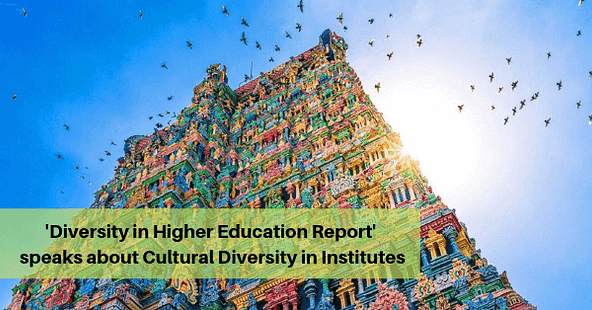The Jindal Global University has come up with a report on improving higher education quality in India. In the report, the university highlighted the 16 indicators such as national origin, state origin, gender parity, age etc.

With the aim of highlighting the issues with the Indian higher education system, Jindal Global University released a report last week. The university put emphasis on 16 criteria which are, national origin, state origin, age, religion and caste, gender parity, education and professional background, pedagogy, research disability, academic offerings and interdisciplinary and disciplinary diversity in the report titled, ‘Diversity and Inclusion: Towards Building a Diverse, Equitable and Global University.’
International collaborations and partnerships, student financial inclusion, governance and leadership, gender identity and sexual orientation, inclusive teaching and learning and community outreach and engagement are also included in the remaining factors in the report released by Jindal Global University (JGU).
Director of the International Institute of Higher Education Research and Capacity Building, and the VC of JGU, C. Raj Kumar said while launching the report that the idea of pluralism is deeply ingrained in the rich cultural heritage of India.
He suggested that all the institutes situated in diverse areas of the country should emphasize the cultural demography of the place and students who are studying in the institutes.
Kumar suggested that this will contribute to India’s developing context and can give a boost to the country’s higher education sector.
Also Read: Bengali and Malayalam are the most spoken regional language in JNU
Professor Virandar S. Chauhan, Director of National Assessment and Accreditation Council or NAAC pointed towards multiple challenges for higher education institutes in India for catering to the culturally diverse population while releasing the diversity report. He added that higher education departments should have diverse faculties.
Also Read: More female students intake in IIM to maintain diversity
Stay tuned to CollegeDekho for more News and Updates.
Are you feeling lost and unsure about what career path to take after completing 12th standard?
Say goodbye to confusion and hello to a bright future!

Was this article helpful?





 Follow us
Follow us












